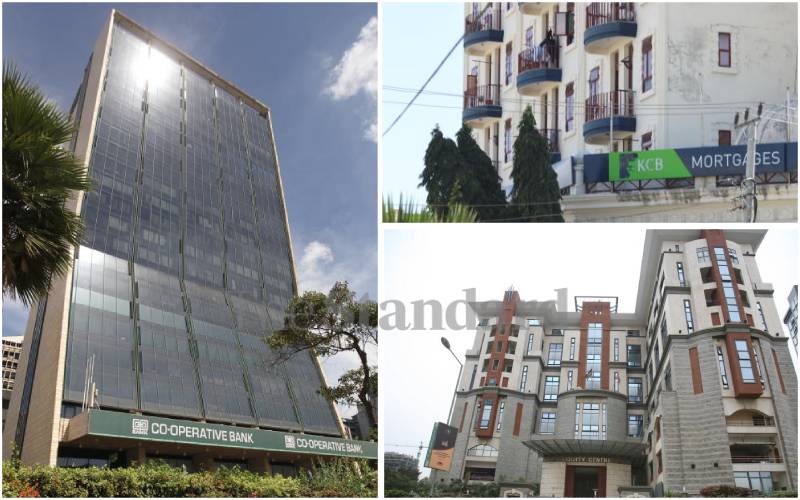×
The Standard e-Paper
Fearless, Trusted News

CBK data show that lenders recorded a profit before tax of Sh96.4 billion in the first half of this year. [File, Standard]
Local banks have in the last week been releasing their financial results for the first half of 2021, and the growth in their profitability at a time when the country is still grappling with the Covid-19 pandemic has stuck out like a sore thumb.